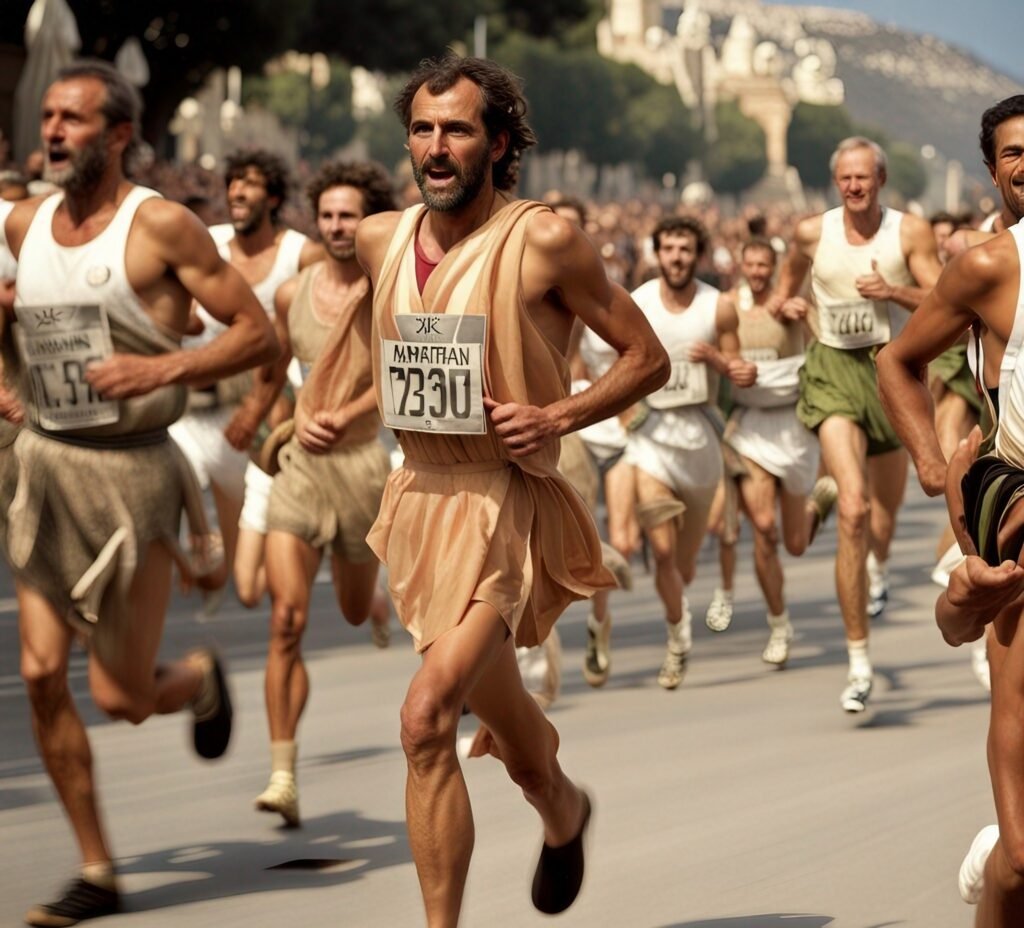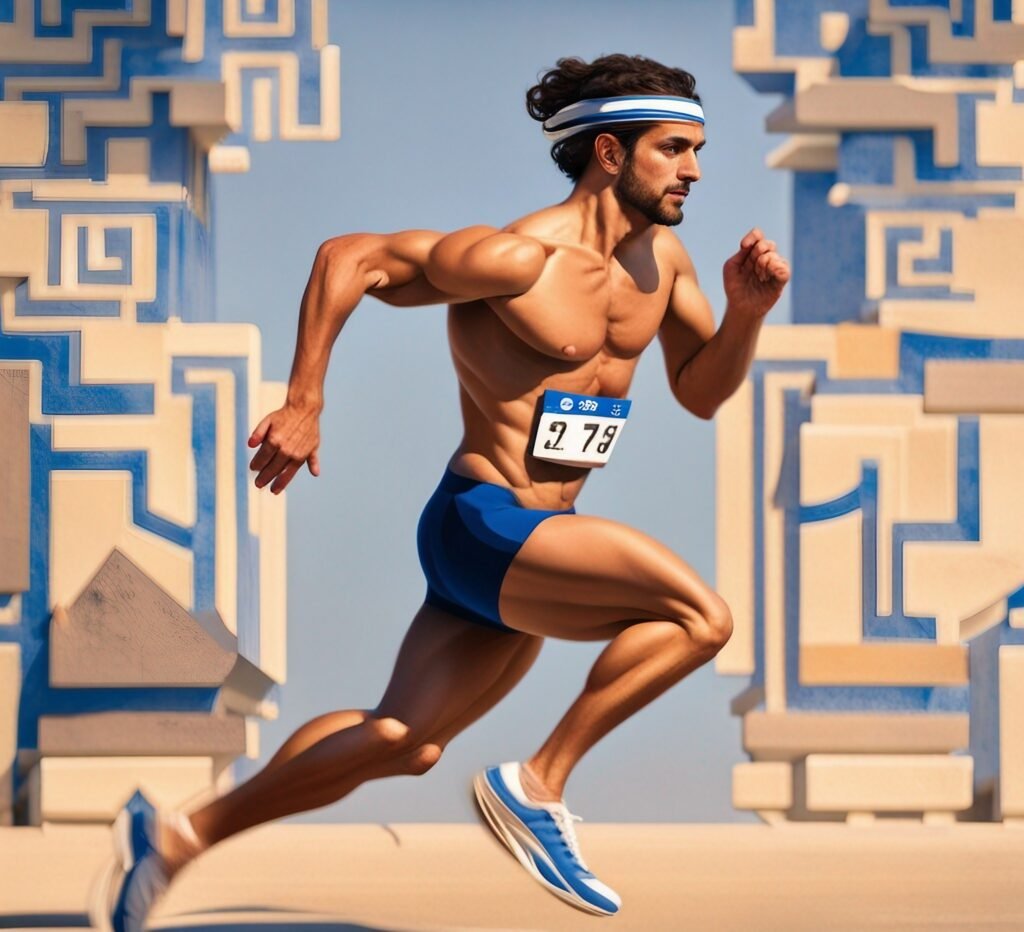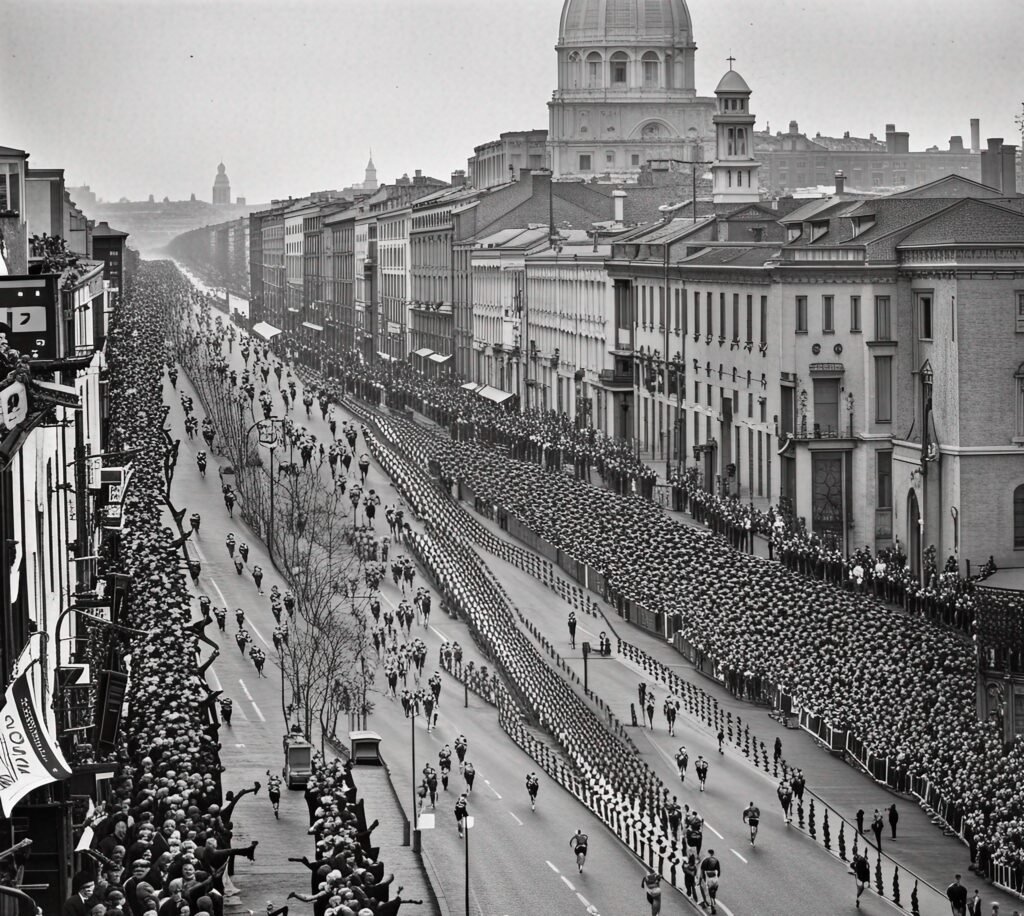The history of marathons can be traced back to Ancient Greece, where a messenger named Pheidippides supposedly ran from the city of Marathon to Athens to deliver news of a military victory. According to legend, Pheidippides ran the entire distance without stopping and proclaimed “Nenikékamen” (we have won) upon arriving in Athens. However, historical records suggest that the story may have been embellished and that the distance and purpose of the run were likely different from the modern-day marathon.

The modern-day marathon, as we know it, has its roots in the first modern Olympic Games, held in Athens in 1896. The organizers of the Olympics wanted to include a long-distance race that would pay homage to the ancient Greek tradition of running long distances, and so they came up with the idea of a marathon race. The race was set at a distance of 40 kilometers (approximately 25 miles), and it started at the Marathon Bridge and finished at the Olympic Stadium.

The first marathon race was won by a Greek runner named Spyridon Louis, who completed the course in just under three hours. The race was a huge success and captured the imagination of people around the world. From that point on, the marathon became a standard event in the Olympic Games and other major international sporting events.
Over the years, the distance of the marathon has varied, with different races setting their own standards. In 1908, the distance of the Olympic marathon was adjusted to 26.2 miles to accommodate the royal family’s request to have the race start at Windsor Castle and finish in front of the royal box at the Olympic Stadium in London. The 26.2-mile distance (42.194 KM) has since become the standard distance for most marathon races.

Today, marathons are held all over the world, attracting thousands of runners of all ages and abilities. From major international events like the Boston Marathon and the New York City Marathon to smaller, local races, marathons continue to capture the hearts and minds of people around the world. Whether you’re a seasoned runner or a beginner, completing a marathon is a challenging and rewarding experience that can test your physical and mental limits and leave you with a sense of accomplishment that lasts a lifetime.
